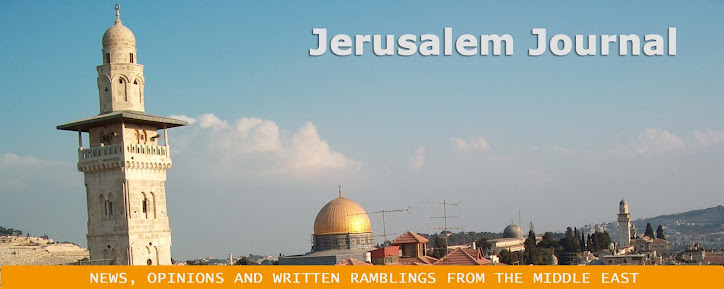A representative of the Israeli Embassy in Ireland put the onus on Messianic Jews for a bomb attack that critically wounded Amiel Ortiz, a 15-year-old believer from the Jewish settlement of Ariel.
The chief investigator in the case said “that the Messianic Jews need to change their approach towards other communities to prevent extreme actions,” according to Nadav Cohen, counselor in the Dublin embassy, relating information he received from Israel’s Foreign Ministry.
Cohen was responding to a letter from Irish Christian Friends of Israel (ICFI) voicing concern over a lack of expedient prosecution in the Ortiz case which seems to “signal that Messianic Jews are ‘fair game’ in Israel and that acts of persecution and terror against them are somehow tolerable.” The letter also alleged that the lack of police action in crimes against Messianic Jews in the southern towns of Arad and Beersheba “appears to have emboldened some of the ultra-Orthodox Jews who do not respect Israel’s democratic tradition of equal rights under the law.”
“Inaction or compromise in the Ariel case could damage Israel’s well-deserved reputation as the only true democracy in the Middle East,” ICFI said. “This may also undermine the strong support for Israel by an increasing number of Christians around the world.”
A suspect has yet to be named in the attempted murder of the Ortiz family although the criminal investigation has been going on more than four months. Amiel was nearly killed when he opened a box assumed to be a holiday gift for Purim, and the bomb inside exploded. The attack is believed to be the work of ultra-Orthodox extremists.
“This has revealed to Israel how much the democratic system goes out the window when Jesus is mentioned here,” said Amiel’s father, David Ortiz.
In Israel, Messianic Jews are often labeled a “cult” and are all lumped into the category of “missionaries,” a byword here. The connotation means to bribe, convert, brainwash, or take the “Jewish soul” of a person. Ortiz said the term “missionary” must be redefined in Israeli society.
Meanwhile, Amiel Ortiz is still coalescing in an Israeli hospital, but is now well enough to go home a couple days a week. He is in unremitting pain, especially in his left hand.
Shards of shrapnel, from copper wires to nails and bolts, frequently push through the surface of his skin as part of the healing process. And against the odds, the teenager still wants to play basketball for his career.
The targeted explosion that nearly snuffed out the 15-year-old’s life has brought about at least one positive result: It has served, to an extent, to awaken and unify the Messianic body in Israel.
“This has blown the believers out of the closet,” David Ortiz, Amiel’s father, told Israel Today, with a touch of irony.
David invited Messianic pastors from around the country to seek God together, fast and pray about this new season of exposure for believing Jews in Israel. The gathering, in Ariel, brought 70 congregation leaders together—a vast number for a small community.
“They wounded a child who caught the heart of the whole world and, rather than killing us, they multiplied us,” Leah Ortiz, Amiel’s mother, said. “I believe we were literally blasted into a new era. We can never be the same as we were before.”
Leah believes that this attack is forcing believers to stand up for themselves and one another now rather than take a quiet backseat in society. She related how she herself apologized to the pastor of a Messianic congregation in Arad, which is under constant persecution, for failing to spread the word about their situation.
“The authorities did nothing, but believers also did nothing,” she noted.


